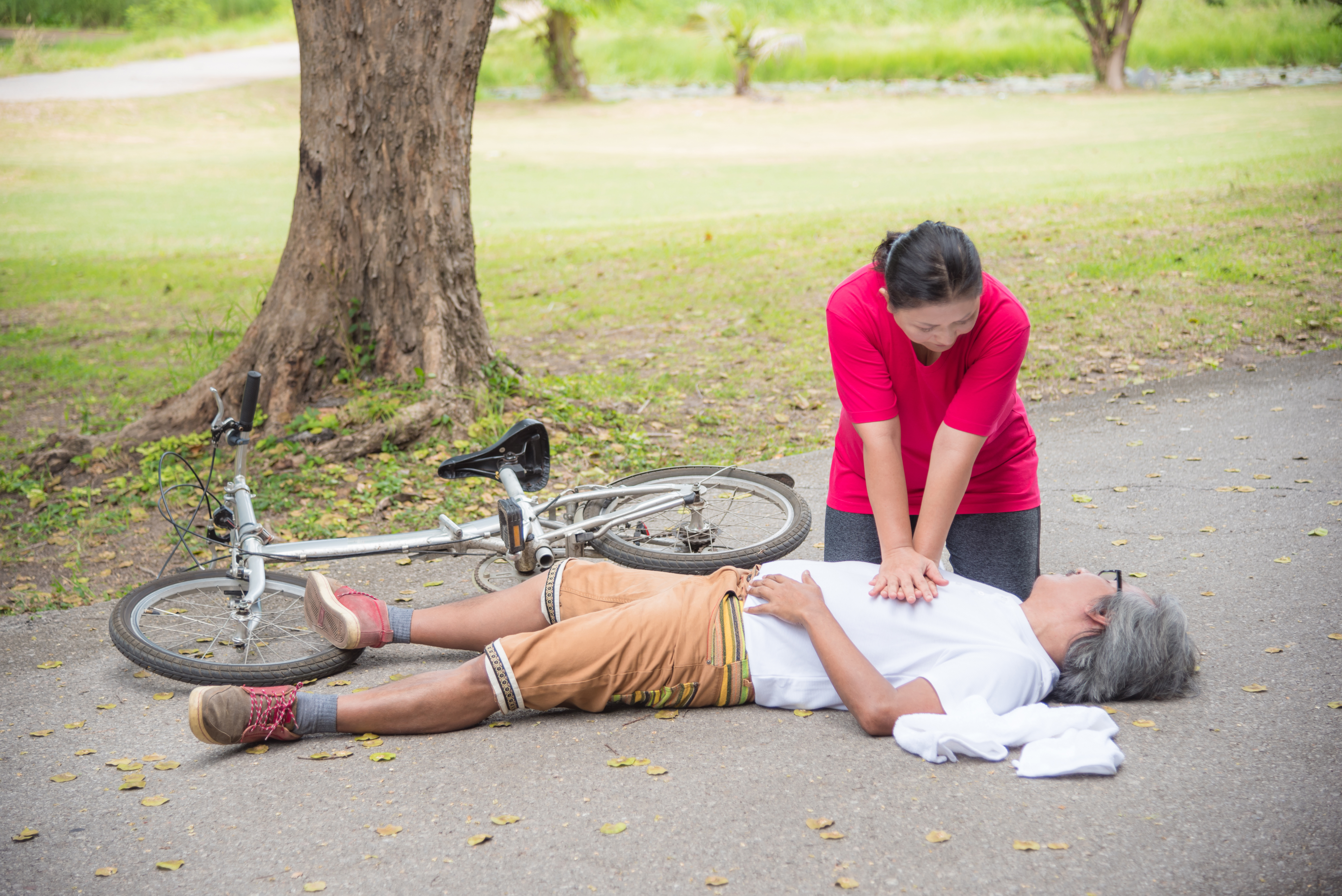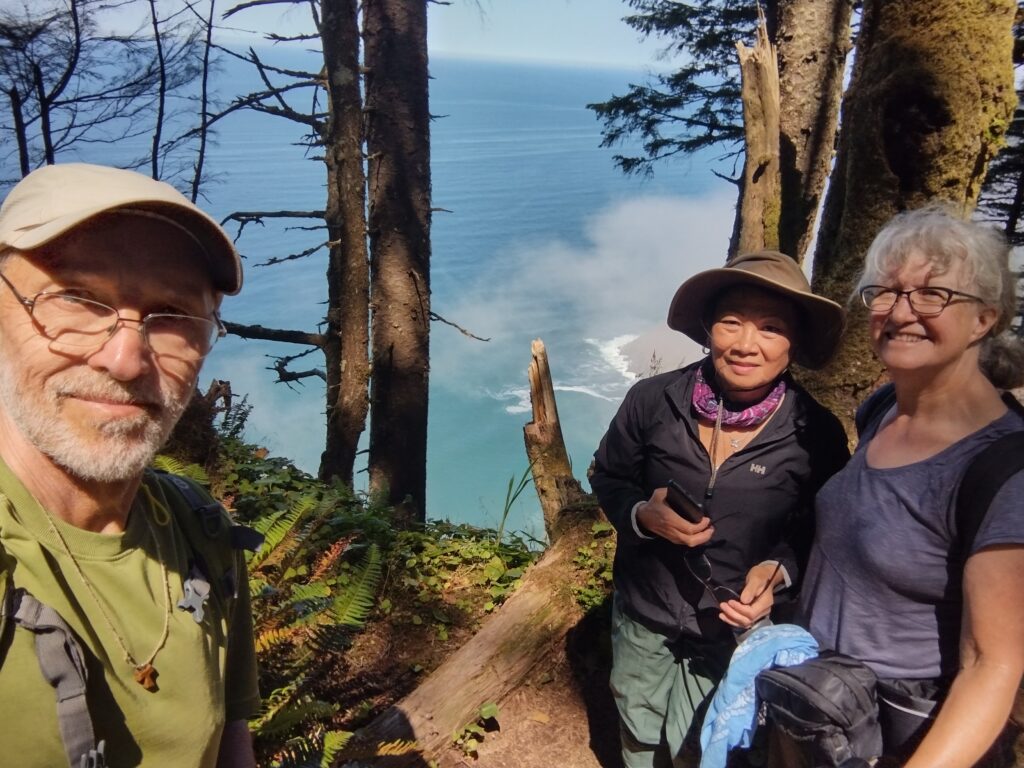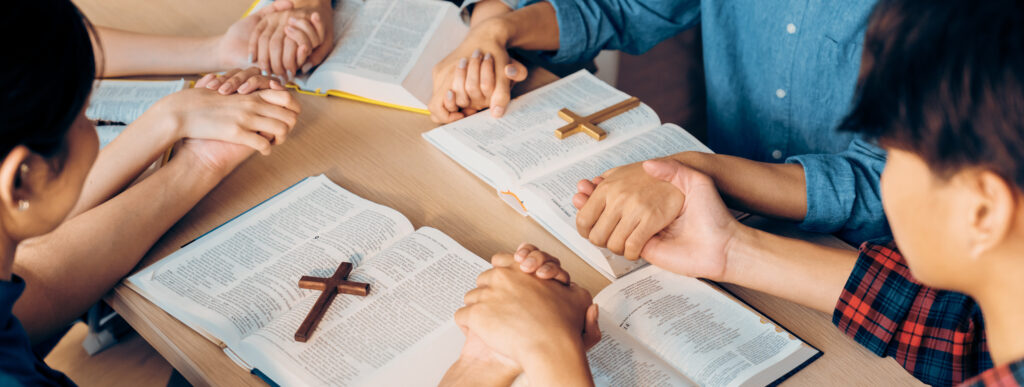Jubilee of Hope – Personal Reflections
By Chris Koehler, Director of Missions & Immigrant Affairs, Archdiocese of Seattle
What does it mean for me to be a person of hope?

Hope is not a belief that things will turn out well or the expectation of some specific good thing. For me, hope is the belief in the intrinsic good or doing good. In that sense, “hope” is an action verb: the act of doing something good is in itself The Good, and I believe that good always comes from doing good. Even when it is surrounded by a multitude of bad things, they do not detract from or diminish the good.
Hope is an act of creation. I have hope because I because I act in hope, and I witness others acting in hope
Hope is not about achieving some far-off goal. Our actions matter in and of themselves, regardless of what effect comes from them, because those acts build the world. They build a world of hope. Even when done in seemingly small ways – alleviating someone’s pain for just a moment, say – it has profound effects.
Hope is not a way of ignoring problems or pretending like everything is great when it’s not. It’s a way of facing challenges head on and saying, “Well, things are not great right now, but I can do good now and other good will come of that. I may never see what good comes of it, but I have faith that it will.”
What is a Scripture text that speaks to you of the hope you have in God?

Let’s think about the Good Samaritan for a moment
“A man was going down from Jerusalem to Jericho, when he was attacked by robbers. They stripped him of his clothes, beat him and went away, leaving him half dead. A priest happened to be going down the same road, and when he saw the man, he passed by on the other side. So too, a Levite, when he came to the place and saw him, passed by on the other side. But a Samaritan, as he traveled, came where the man was; and when he saw him, he took pity on him. He went to him and bandaged his wounds, pouring on oil and wine. Then he put the man on his own donkey, brought him to an inn and took care of him. The next day he took out two denarii and gave them to the innkeeper. ‘Look after him,’ he said, ‘and when I return, I will reimburse you for any extra expense you may have.’
Our God is a God of love and compassion.
Put yourself in this story for a moment.
First, take the place of the man left for dead. Beaten. Robbed. Stripped of your clothes. Left lying in a ditch. Two men cross the road to avoid you; men who are expected to be of deep moral character. You are too weak to call out. Then a different man stops; a man from a hated group. He tends to your wounds and bandages them. He takes you to an inn and pays for your stay and food and to be taken care of.
How was your hope affected? Did you lose hope? Did you regain hope? What were you feeling – anger, surprise, relief? If your sense of hope changed, why was that? What triggered that change?
Now, take the place of the Samaritan. You have found someone half-dead. You clothe him and tend to his wounds and take him to an inn. You use your own money to ensure he has the care he needs.
As you leave the inn, what are you thinking and feeling? Are you certain he will survive? What is your hope grounded in?
I meet Good Samaritans every day. They fill the world with hope. None of us know how things will turn out, and things often don’t turn out as we expected. But that does not diminish the hope that was nurtured by their actions.
How do you nurture hope and where do you see signs of hope?

I sympathize with people who are shutting out the news. There is so much that is hurtful and saddening and depressing. And much else that is sensationalistic, negative depictions of what’s happening in the world. It feels bad, but it is not the whole story. I want to stay informed because to do so otherwise is to shut out the reality of our lives. It results in isolation. I don’t want to turn a blind eye to the suffering of the man in the roadside ditch. I want to know what people are doing to make things better, to be inspired and to be challenged as well. I want to be in community with others, both those who are suffering and those who are helping.
I subscribe to Facebook accounts about positive and fun things. I watch shows that have stories about people helping each other. These are everywhere. I watch Finding Your Roots, a show where celebrities discover and recover the stories of their family who came before them. Every episode raises up the stories of courageous and hopeful people who overcome some form of adversity. They never do it alone. Those stories are hard to hear, but they are full of hope.
I practice “positive gossip”—sharing stories about human goodness. That’s helps to assuage other people’s cynicism, as well as my own. Some people have remarked how positive I am, which is funny because I am a naturally pessimistic person…but I choose positivity. I choose to see the good that is often clouded by the bad that is happening.
I see the incredible hopefulness of younger generations. The ones I know are the most globally informed and concerned generation I’ve ever known. They can be full of anxiety and fear and frustration, but they are focused on what they can do to make things better and they expect our leaders to do the same.
On a more personal and somewhat silly note, I watch horror movies by myself. Late at night with the lights off. After everyone else has gone to bed. I love a good scare…not a jump scare or gore, but a slowly creeping dread. Why do I mention that here? Because the horror movies I like always have hope deeply embedded in the story. There’s a group of people trying to help each other get through. There’s often an unlooked-for stroke of luck (or blessing?). There’s often someone who starts out bad but is changed in the face of someone else’s suffering and does the right thing in the end.
What is a piece of wisdom that you would like to share?
Hope is about community.

There’s lots of science and solid research that’s been done about hope. One thing that has been shown over and over is that when we look at what people are really like, they do good things all the time, and they do extraordinarily good things a lot of the time.
We are all weak at times. We can despair. We can give up. We can curse the weight of the responsibilities we carry, and we can fail to live up to those responsibilities. We can lose hope. If we are alone, that is dangerous.
But when we are in community, we can rely on the strength of others. They nurture us when we despair. They forgive us when we cannot forgive ourselves. They help us to uncover the hope we thought we had lost. They show us the grace of God. And we can do the same others in turn.
So let me close by extolling the value and the fundamental importance of growing, nurturing, and maintaining a healthy community. On full of both joy and hope. Do that and all else will fall into place.